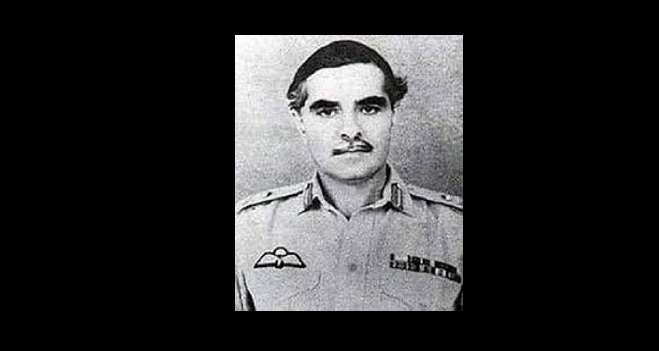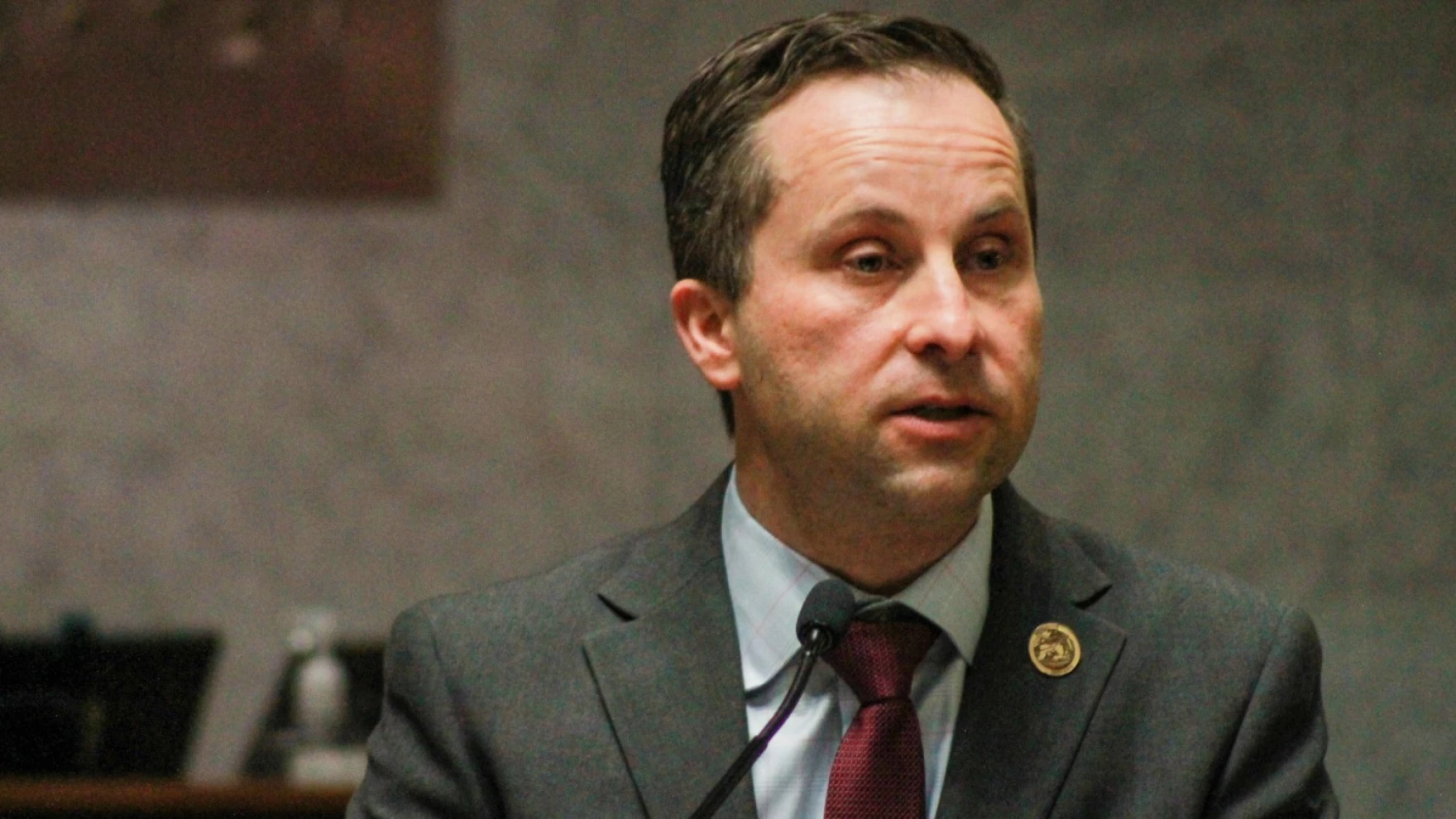Gul Hassan Hassan has recently come into the spotlight as Afghanistan’s new ambassador to Russia. His appointment marks a significant step in the diplomatic relations between the Taliban government and Russia, following Russia’s formal recognition of the Taliban regime in 2024. As the first official Afghan ambassador sent to Russia since the Taliban regained control of Afghanistan in August 2021, Gul Hassan Hassan plays a crucial role in shaping the future of diplomatic ties between the two countries.
The recognition by Russia was a milestone for the Taliban, who have sought international legitimacy since their return to power. When Gul Hassan Hassan presented his diplomatic credentials to the Russian Foreign Ministry, it officially confirmed the start of formal diplomatic relations. This act symbolizes a new phase of engagement and cooperation, signaling Russia’s willingness to work with the Taliban government despite ongoing concerns about Afghanistan’s internal policies.
Gul Hassan Hassan represents more than just a diplomat; he is a key figure in the Taliban’s effort to normalize its position on the global stage. His role is important in facilitating dialogue, trade, and potential humanitarian aid between Afghanistan and Russia. These efforts come at a time when Afghanistan remains isolated internationally due to the Taliban’s harsh domestic policies, especially restrictions imposed on women and girls. By establishing formal diplomatic channels through representatives like Gul Hassan Hassan, the Taliban aim to break this isolation and gain broader acceptance.
Russia’s decision to recognize the Taliban government and accept Gul Hassan Hassan as ambassador followed careful deliberation within the Kremlin. The Russian Foreign Ministry lifted its ban on the Taliban earlier in 2024, a sign of shifting attitudes toward engaging with the new Afghan regime. Russian officials, including President Vladimir Putin and Foreign Minister Sergey Lavrov, have described the Taliban as important partners in regional security and the fight against terrorism. The appointment of Gul Hassan Hassan as ambassador fits within this broader strategy of cooperation.
Despite Gul Hassan Hassan’s emerging importance, detailed public information about his background remains limited. As a Taliban-appointed diplomat, he likely has close ties with the group’s leadership and aligns with their political and religious views. His selection as ambassador reflects the Taliban’s approach to foreign relations—seeking recognition and cooperation while maintaining their core ideological principles. This balance is delicate, especially given the international community’s concerns about human rights and governance under Taliban rule.
Gul Hassan Hassan’s role will involve navigating complex diplomatic challenges. He will need to foster constructive relations with Russia while addressing global concerns about Afghanistan’s future. Russia’s recognition of the Taliban and acceptance of Gul Hassan Hassan’s credentials has already raised questions among other countries. Some experts believe this move may encourage additional nations to reconsider their stance toward the Taliban government. As a result, Gul Hassan Hassan stands at the forefront of a potential shift in Afghanistan’s diplomatic landscape.
Afghanistan’s geographical position makes its stability a matter of regional importance. Neighboring countries and global powers have long been concerned about security, terrorism, and refugee flows originating from Afghanistan. Through ambassadors like Gul Hassan Hassan, the Taliban aim to demonstrate their willingness to engage constructively with the world and contribute to regional stability. His presence in Moscow is a direct signal of the Taliban’s intention to pursue diplomatic relations beyond informal or limited contacts.
The recognition of Gul Hassan Hassan as ambassador is also symbolic of the Taliban’s efforts to rebuild state institutions after decades of conflict. Since their takeover in 2021, the Taliban have faced significant challenges in governing Afghanistan and gaining international acceptance. Establishing official diplomatic missions and sending representatives abroad are part of the group’s broader strategy to consolidate power and legitimacy. Gul Hassan Hassan’s position in Russia may open doors for trade agreements, security cooperation, and humanitarian support, which Afghanistan urgently needs amid economic hardship.
While the world watches how Russia’s recognition of the Taliban affects international diplomacy, Gul Hassan Hassan will remain a central figure in these developments. His ability to represent Afghanistan effectively and build productive ties with Russia will influence the success of the Taliban’s diplomatic goals. As Afghanistan continues to seek a place in the global community, ambassadors like Gul Hassan Hassan are essential to bridging gaps and fostering dialogue amid a complex political environment.







